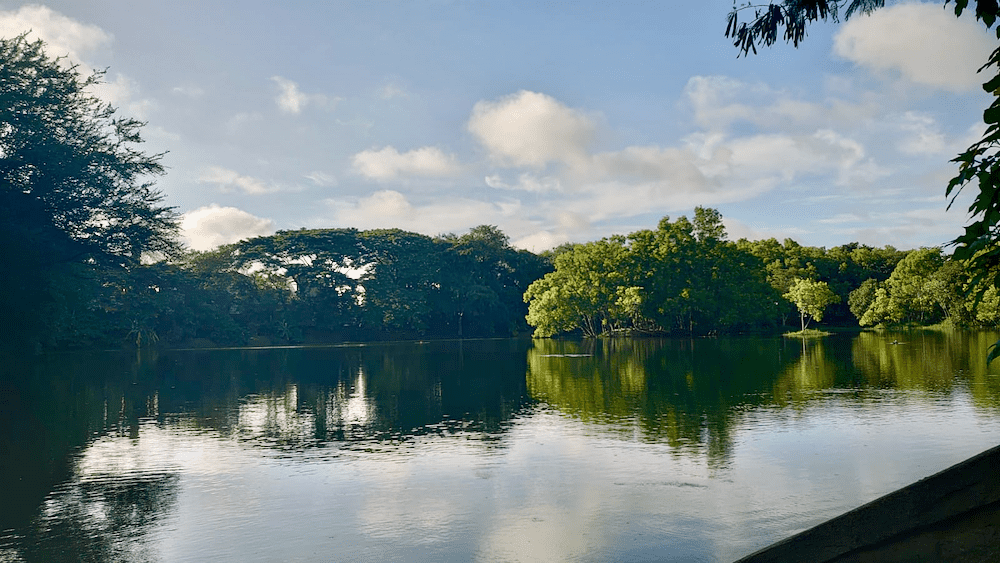Citizen Matters, Bengaluru, is gearing up for an exciting conversation with the Environment Support Group (ESG) as they turn 25 this year.

ESG is a pioneering environmental organisation that was pivotal in creating awareness on environmental issues plaguing Bengaluru. Over the years, ESG has fought to stop destructive roads projects and pushed for preservation of lakes and our vanishing greenery.
The organisation has been vocal in speaking for public commons and environmental justice and has fought several legal battles to prevent destruction of natural resources in the city. Senior reporter Bhanu Sridharan will be in conversation with trustees Leo Saldanha and Bhargavi S Rao, on April 3rd, to learn more about ESG’s journey, challenges,victories and failures. We will also try to understand how Bengalureans can engage with critical issues of environment and justice.
About ESG
Environment Support Group [Environmental, Social Justice & Governance Initiatives], is an independent not-for-profit organisation that works to mainstream environmental and social justice in decision making through research, documentation, advocacy, training and campaign initiatives. They work to mainstream the rights of local communities and voiceless ecosystems taking into account contextual complexities, especially their socio-cultural histories and traditional knowledge and practices.
Leo is the founding trustee and co-ordinator of the Environment Support Group. He is a keen environmental campaigner with experience in environmental law and policy, decentralisation, urban planning and human rights and development related issues. He has led many campaigns pushing for environmental and social justice, not just in Bengaluru but across the country.
Bhargavi is a Senior Fellow and Trustee at ESG as well as an independent researcher and writer. She has 30 years of experience in environment and social justice advocacy, research and education, and teaching work. She leads a wide variety of research and educational projects and campaign initiatives at ESG. She also coordinates educational and training programmes to increase awareness and engagement on social and environmental justice issues.
Read more: Beloved neighbourhood lake designated as a CA site, leased to a private trust
Event details:
Date: April 3rd
Day: Monday
Time: 6 pm onwards
To be livestreamed on YouTube